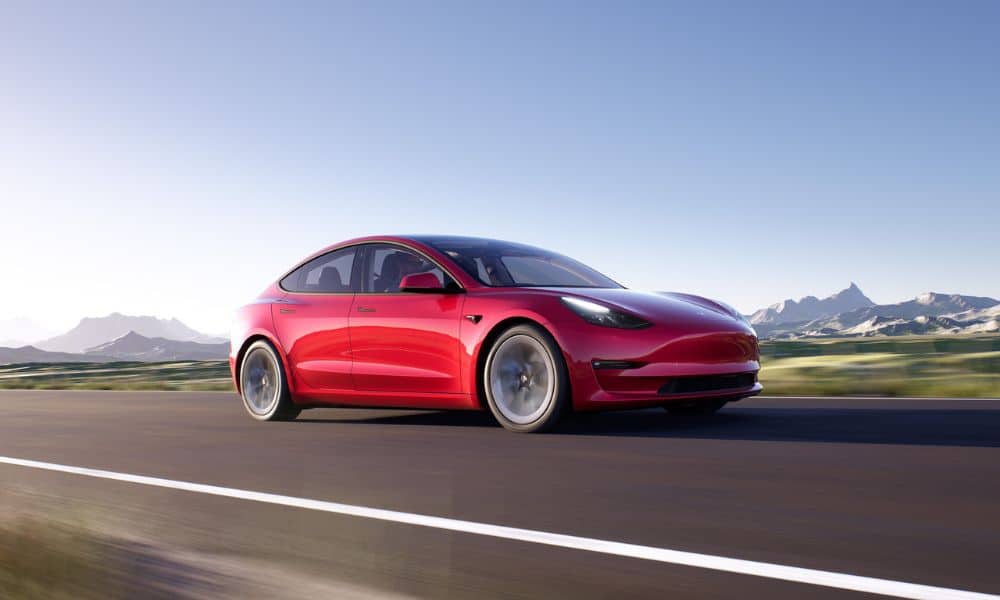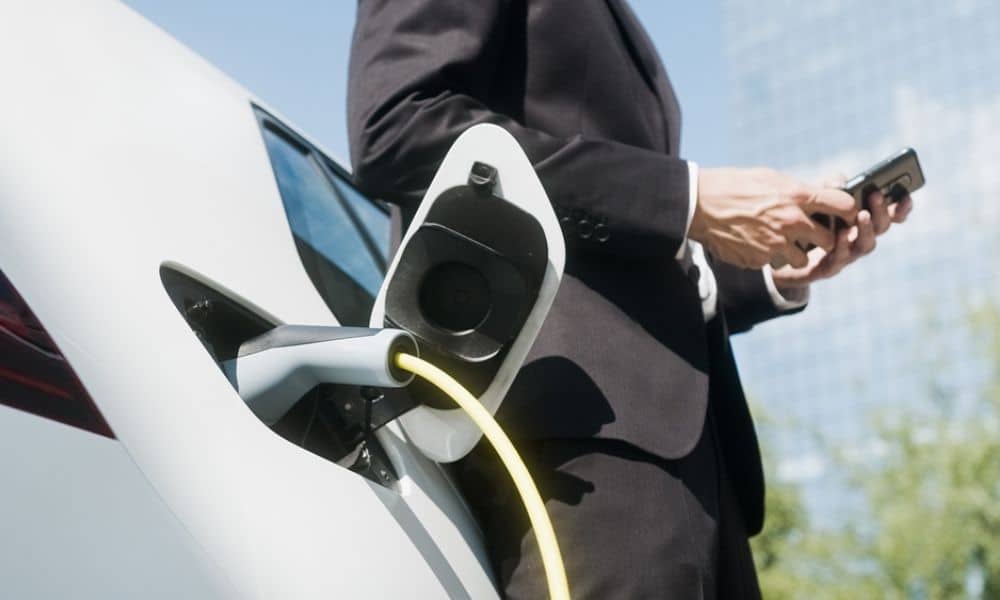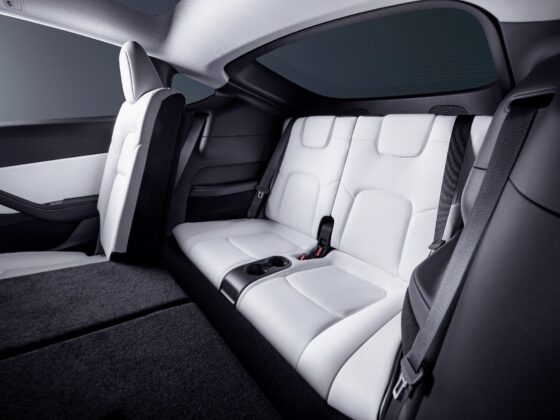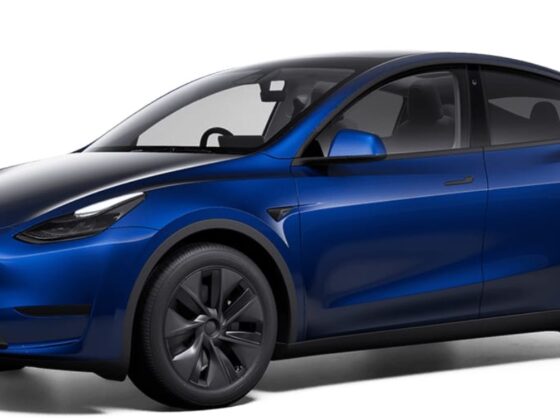
Is an EV Really Cheaper To Run?
Is an EV Really Cheaper To Run? https://wvl.co.uk/wp-content/uploads/Is-an-EV-Really-Cheaper-To-Run.jpg 1000 600 Anthony https://secure.gravatar.com/avatar/a9c4089fd91833b9d9ac3cd2423e0fcb?s=96&d=mm&r=g‘Are electric cars actually cheaper to run’ is a question we hear a lot. Our answer is always a resounding “yes,” since those savings really do add up over longer periods of time.
Of course, there are trade-offs. EVs tend to be more expensive up-front, for one thing. It’s also worth considering what you’ll use your car for, as you have to factor in things like range and charge time – plus the potential maintenance costs.
In this post, we’ll explore fuel expenditure for EV (electric vehicles) vs other vehicle types to paint a picture of the possible savings, and also devote some time to those additional considerations.
Are EV cars actually cheaper to run? A case study.
To illustrate the savings you can make with a full EV, we’ve put together a comparison using Zap Map’s journey cost calculator, between four popular models: a full EV, a plug-in hybrid, a diesel motor, and one running on petrol.
We’ve based these on three different journey types you might make throughout the year: a roughly average daily commute, a longer trip made once or twice a month, and the kind of longer round trip one of your drivers might take twice a year.
We calculated the below figures using an average charge-at-home cost of 28.45p per kw/h, taken from Eon Energy’s standard Next Flex tariff, and an average combustion fuel cost of 170p for petrol and 181p for diesel, as reported by Sky News on 25th May 2022.

Image credit: Tesla.com
Daily commute of a 25-mile round trip
| Tesla Model 3 Electric | Mercedes 300e Plug-In Petrol Hybrid | Audi A4 Saloon Diesel | BMW 3 Series Saloon Petrol | |
| Journey fuel cost | £1.81 | £3.53
|
£4.01 | £4.86 |
| Cost per mile | 7.2p | 14.1p | 16p | 19.4p |
| Total annual fuel costs for this daily journey | £661 | £1,288 (£627 more) | £1,464 (£803 more) | £1,774 (£1,113 more) |
Monthly journey of a 100-mile round trip
| Tesla Model 3 Electric | Mercedes 300e Plug-In Petrol Hybrid | Audi A4 Saloon Diesel | BMW 3 Series Saloon Petrol | |
| Journey fuel cost | £7.23 | £14 | £16 | £19 |
| Cost per mile | 7.2p | 14.1p | 16p | £19.4 |
| Total annual fuel costs for this monthly journey | £87 | £169 (£82 more) | £192 (£105 more) | £233 (£146 more) |
Twice-annual journey of a 250-mile round trip
| Tesla Model 3 Electric | Mercedes 300e Plug-In Petrol Hybrid | Audi A4 Saloon Diesel | BMW 3 Series Saloon Petrol | |
| Journey fuel cost | £18 | £35 | £40 | £49 |
| Cost per mile | 7.2p | 14.1p | 16p | £19.4 |
| Total annual fuel costs for this twice-yearly journey | £36 | £70 (£34 more) | £80 (£44 more) | £98 (£62 more) |
So, in the long run are electric cars cheaper? Well, the figures above speak for themselves.
Notably the total annual costs for all three journey types in a full electric vehicle amount to £784. That’s £504 less than the daily commute cost alone for the hybrid car – which is the best value of the other three models.
In fact, totalled up, across an entire year of all three journey types in the given cars, non-EV fuel spend will be:
- Petrol hybrid: £743 more than an EV
- Diesel: £857 more
- Petrol: £1,357 more
It’s also particularly worth noting that those figures are based on the longer journey being one that your fleet drivers may not take very often. For those who regularly take longer journeys, the potential fuel savings are exponentially greater. That makes EVs an incredibly attractive option for business fleets when considered on the basis of fuel costs alone.
What about other costs?
Of course, fuel costs aren’t the only variable that makes a difference to fleets. To comprehensively answer the question “are electric cars really cheaper in the long run,” we need to consider other factors too.
Charge range and wait time

EV Database has the average range of current EVs at 204 miles – meaning for some models the 250-mile journey above may need to be broken with a top-up charge. This includes the standard Tesla Model 3, which EV Database suggests has a 235-mile battery range. So key questions to ask yourself become: how much is that extra time at a charge point worth to your business, and how many truly long journeys might your company drivers need to make in the vehicle?
For some fleets, even the sizeable fuel savings might not be worth the extra charging downtime. However, you can also expect that downtime to decrease further in coming years as average EV battery range increases with further technological advancements. So even if the downtime isn’t worth it at present, that may not be the case for too much longer.
Maintenance costs
Electric cars are generally more sophisticated and technologically advanced than petrol and diesel equivalents. So you may be surprised to know that on the whole, they cost 30% less to service and maintain. That can be attributed to the fact that due to the general lack of ICE drive trains, they need overall less maintenance. So, if you’re worried an EV leasing agreement will be written to cover exceedingly high maintenance fees, you needn’t worry on that matter. Actually, leasing an EV is likely to save you money in that area.
Up-front costs
One area where EVs are indisputably dearer is in the up-front cost of the vehicle, with outright purchase prices averaging £44,000 for a fully electric car. Of course, this higher up-front ownership cost translates to a higher leasing fee on a month-by-month basis. However, for business fleets looking into leasing company cars, that is offset by both the far lower annual fuel cost, and the significant benefit to lowering the company’s emissions – which in turn will help businesses avoid the heavy EU sanctions they would be subjected to should they fail to meet 2025’s fleet emissions targets. With that factored in, a fully electric business fleet becomes an even more attractive proposition.
So, is it worth it to get an electric car?
Where electric cars used to be an emerging technology, recent advancements in battery efficiency, coupled with government incentives for installing EV charging points, and increasingly skyrocketing combustion fuel costs, all signal that it is now very much worth getting an electric car.
With far lower fuel costs than hybrid, petrol or diesel cars, increasingly longer journey times between charges, and aggressive fleet emissions targets to hit, now is clearly the time for businesses fleets of all sizes and kinds to at least begin considering an electric future – if not making the switch outright.
Looking to go electric?
Contact our team today to see the electric models we have available.




